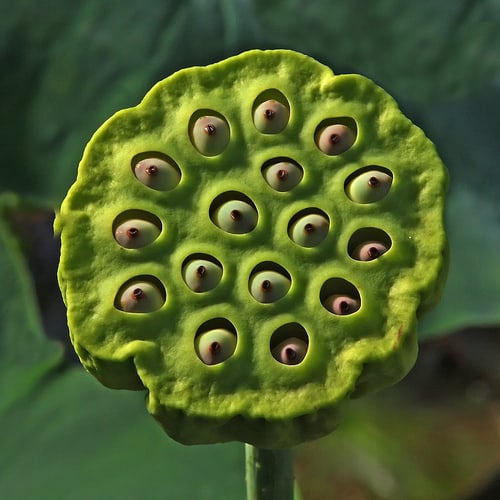So you’re marrying into a Chinese family. Congrats! Do you know what’s likely to show up on your bed on your Chinese wedding day? Fruit. Lots of it. Sound strange? It isn’t, really, once you understand why some fruits are associated with good luck and babies. So how did four fruits come to be seen […]
